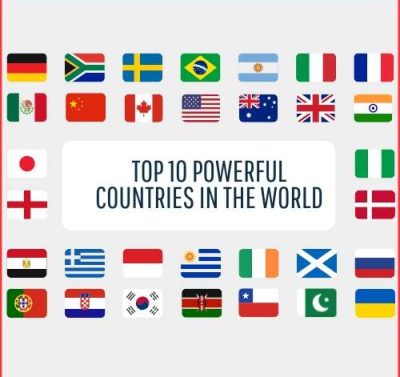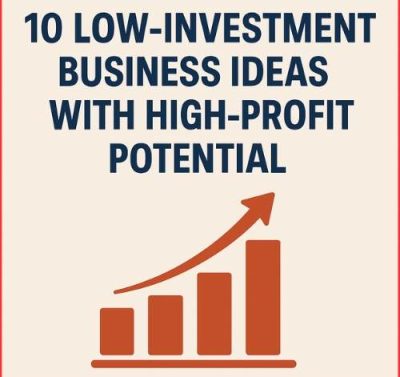Artificial intelligence, or AI, seems to be a topic of conversation these days and there is a certain question will AI have an effect on employment? so, we are going to explore that. Although I’ve been aware of this significant trend in technological advancement for a while, I’ve observed that AI is increasingly becoming one of the most sought-after specialties for job seekers. I’m confident that the word “AI” evokes fear of robots taking over the world or science fiction fantasies for many of us.
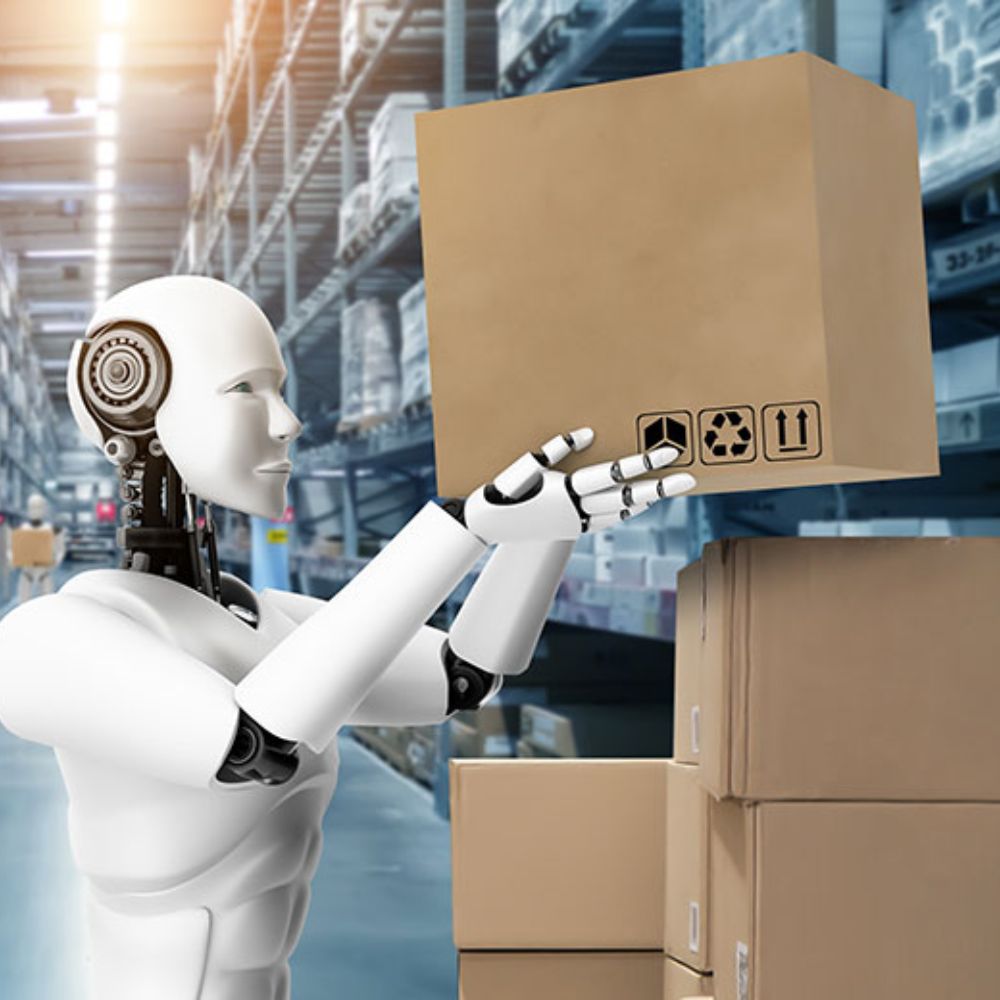
Although it is impossible to predict precisely how Artificial intelligence will develop in the future, current trends and developments create a very different picture of how AI will affect our daily lives. AI has been portrayed in the media in a variety of ways. In actuality, AI is already in use everywhere, influencing everything from our search results to our chances of finding love online to the way we buy. According to data, over the last four years, the use of AI in many corporate sectors has increased by 270%.
How will AI affect the nature of employment in the future? This has been one of the most important queries as computers and technology have developed. The development of artificial intelligence has sparked concerns that human workers will become obsolete, as has happened with many other technological advances throughout history. The truth is presumably much less bad, though it might even be more complicated.
What is artificial intelligence (AI)?
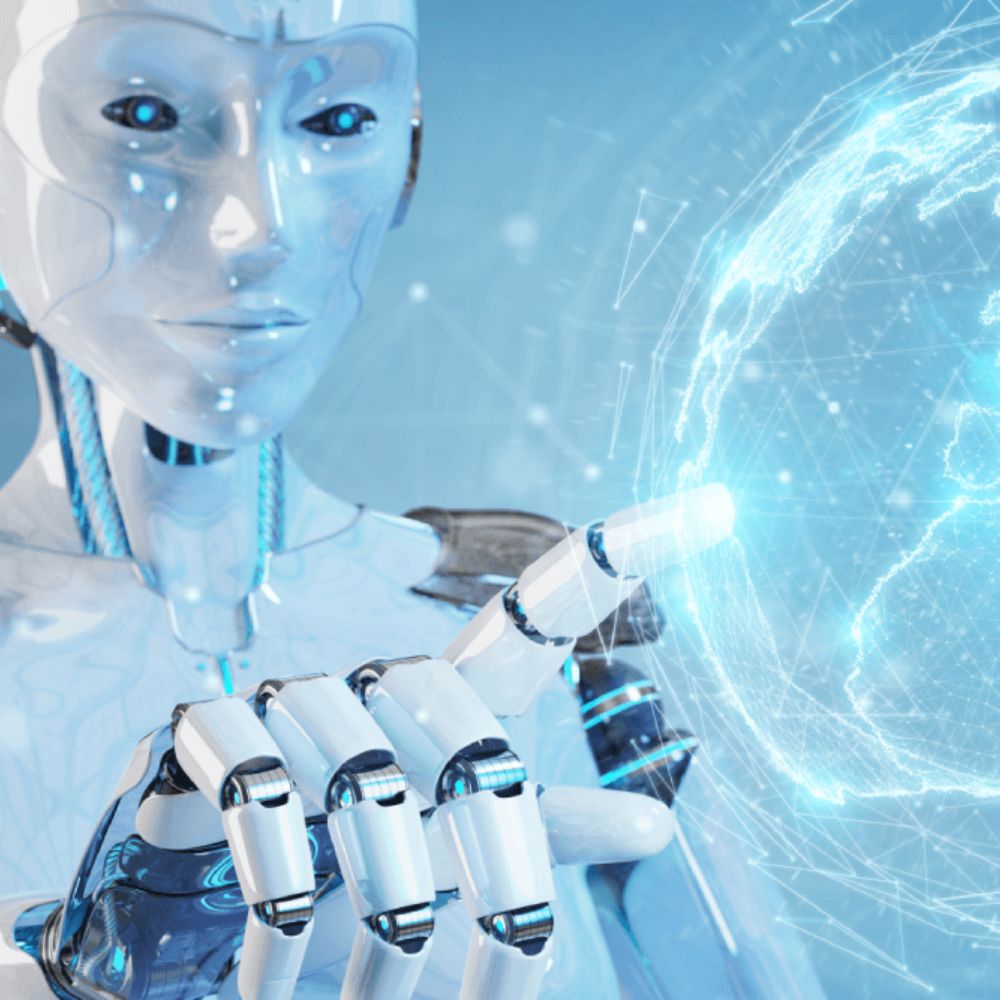
Before we delve into the specific ways that AI will affect the future of work, it’s critical to define AI simply. Artificial intelligence is simply defined as “the ability of a digital computer or computer-controlled robot to perform tasks commonly associated with intelligent beings” by Britannica.
The word “AI” has come to refer to any developments in computing, systems, and technology that enable computer programs to carry out tasks or address issues that call for the kind of reasoning we associate with human intelligence, even picking up from prior experiences.
A crucial element of AI is this capacity for learning. Algorithms are frequently connected with bad things, like the dreaded Facebook algorithm that replaced all of our friends with sponsored material. An algorithm, as described by software journalist Kaya Ismail, is merely a “set of instructions,” or a formula for handling data. A collection of algorithms that have the ability to modify and rewrite themselves in response to the data inputted, thus showing “intelligence,” can be used to create AI, which takes this to a new level. Human employees won’t likely become obsolete anytime soon, at least not with AI.
The robots are probably not coming for your employment, at least not yet, so you can put some of your worries to rest. Given how artificial intelligence has been portrayed in the media, particularly in some of our beloved science fiction films, it is obvious that the development of this technology has raised concerns about the possibility that humans will one day become obsolete in the workplace.
After all, many jobs that were previously carried out by human hands have become automated as technology has advanced. It makes sense to worry that the development of intelligent machines may spell the beginning of the end for employment as we know it. But I don’t believe there is any justification for being so pessimistic. “Artificial Intelligence And The Future of Work,” a recent report by the MIT Task Force on the Work of the Future. And The Future of Work,” focused on AI advancements and how they relate to the workplace. The report presents a more upbeat scenario.
Instead of advocating the demise of human labor, the paper makes the prediction that AI will continue to fuel massive innovation that will support many existing industries and may even have the potential to create a number of new growth sectors and, ultimately, more employment.
While AI has made great advances toward imitating human intelligence’s effectiveness in carrying out some tasks, there are still significant limitations. In particular, AI programs typically only possess “specialized” intelligence, which means they can only carry out one job at a time and solve a single issue. They are frequently rigid, unable to adapt to input changes or engage in any “thinking” that deviates from the predetermined code.
However, humans are capable of “generalized intelligence,” which includes the kind of problem-solving, abstract thought, and critical judgment that will remain crucial in the business world. Even if human judgment isn’t relevant for every job, it is relevant at every level and in every industry.
There are a lot of other things that could stop AI from developing too quickly. AI frequently calls for “learning,” which can involve enormous amounts of data. This raises concerns about the availability of the correct kind of data, emphasizes the need for classification, and draws attention to concerns about privacy and security related to such data. Additionally, computation and processing ability have their limits. One supercharged language model AI was expected to cost $4.6 million in electricity alone.
The Algorithmic Accountability Act was even presented to Congress with the intention of requiring the Federal Trade Commission to look into the use of any new AI technology for the possibility of perpetuating bias.
The MIT CCI paper makes the case that we are a long way from developing AI that is on par with human intelligence and could, in theory, completely replace human workers based on these and many other variables.
AI has the potential to eventually create more jobs, not fewer, provided that there is an investment at all levels, from education to the private sector and governmental organizations—anywhere that focuses on training and upskilling workers. The issue should then be “humans and computers” involved in complex systems rather than “humans or computers.”
Not just in the computer industry, but across all industries, AI is becoming the norm.
Recently, AI has come up in discussion with a client or an associate a few times, and I’ve noticed a misconception in people’s perceptions of the technology. Many people seem to have the impression that this occurrence will most likely have significant effects on the tech industry.
In case you hadn’t observed, today’s world revolves around technology. Remember when economist Paul Krugman said, “By 2005 or so, it will become clear that the Internet’s impact on the economy has been no greater than the fax machine’s?” in 1998? You most certainly don’t want to lag behind when it comes to AI.
In reality, leading companies are already investing regularly in AI technologies at a rate of 90%. Businesses that have used AI-driven technology in some capacity claim higher productivity rates—more than half of them. In particular, the following industries are expected to be significantly impacted by AI:
Medical:
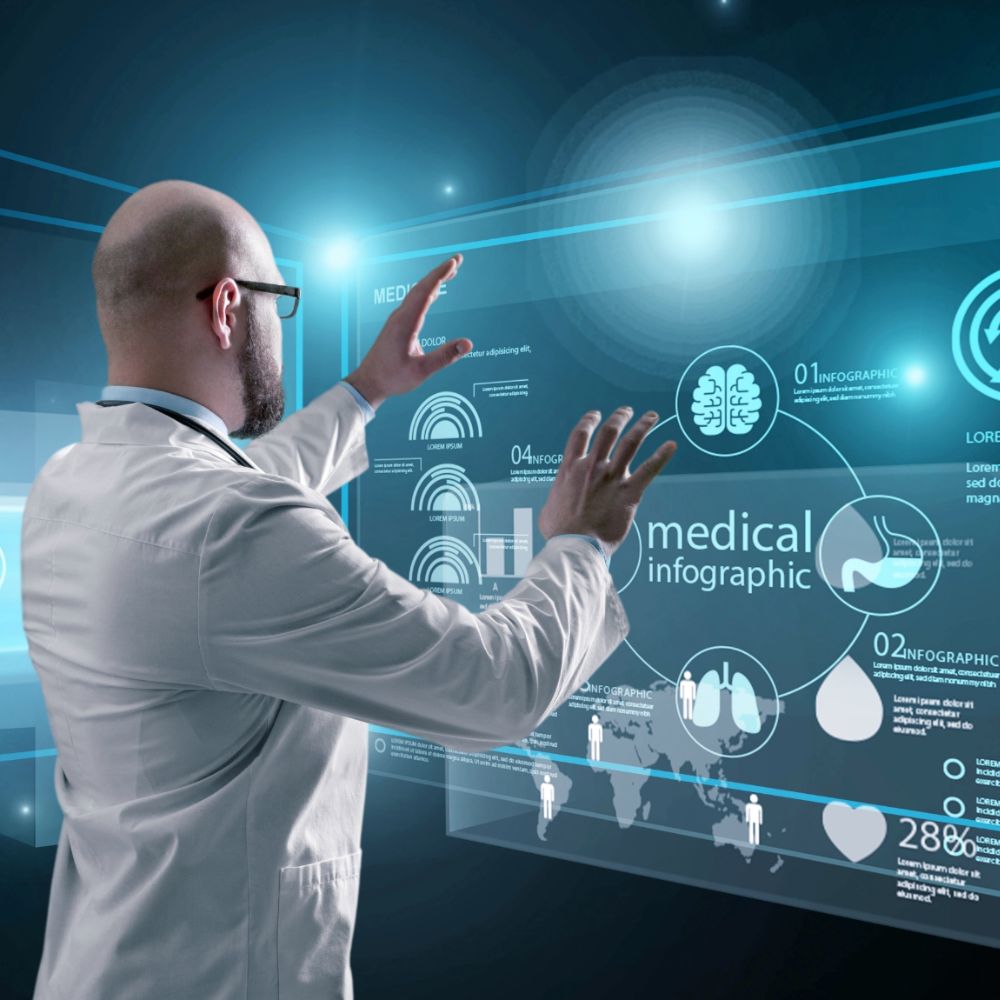
The possible advantages of applying AI to medicine are already being investigated. A significant quantity of data from the medical sector can be used to build healthcare-related predictive models. Additionally, in some diagnostic settings, AI has proven to be more efficient than doctors.
Automotive:
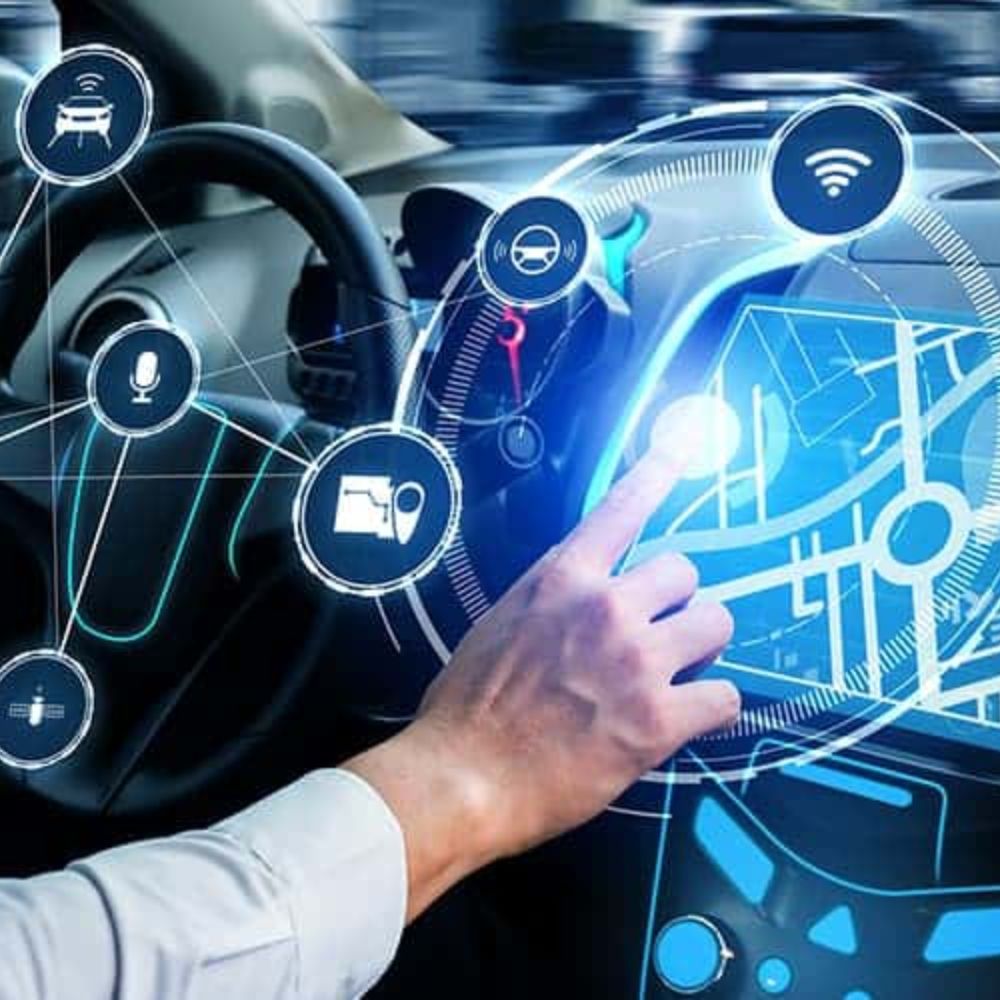
With the introduction of automated vehicles and autonomous navigation, we are already witnessing the effects of AI on the transportation and automotive industries. Manufacturing will also be significantly impacted by AI.
Cybersecurity:

Many company leaders are concerned about cybersecurity, particularly in light of the rise in cybersecurity breaches expected in 2020. Hackers took advantage of people working from home, less secure technological systems, and Wi-Fi networks to increase attacks by 600% during the epidemic. AI and machine learning will be essential instruments for recognizing and anticipating cybersecurity threats. Given that it can handle massive amounts of data to anticipate and detect fraud, AI will also be a vital asset for security in the financial sector.
E-Commerce:
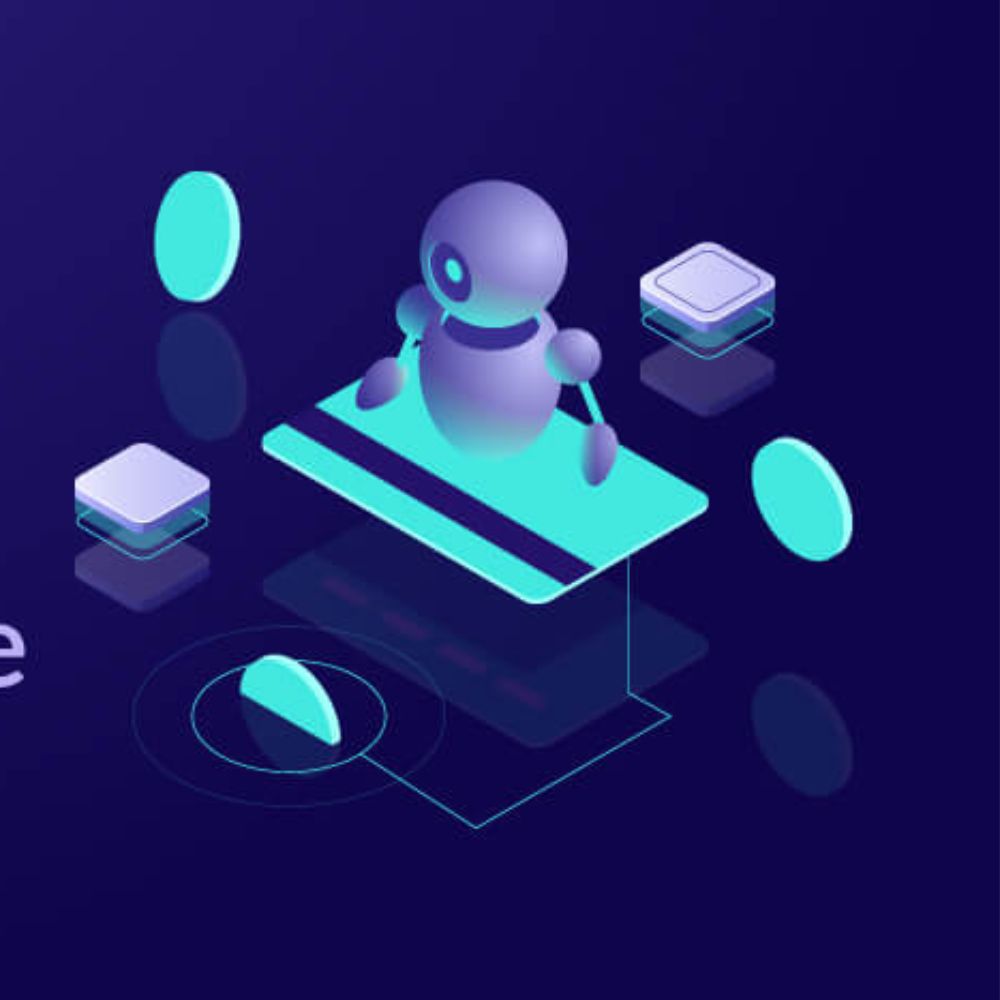
In the future, AI will be fundamental to every aspect of e-commerce, from user experience to marketing to delivery and distribution. Going forward, we can anticipate that AI will continue to fuel online sales.
The employment search may be significantly impacted by AI.
If you are going forward in the application process hoping that a hiring manager will overlook a minor error, you might be in for a rude awakening. Up to 75% of resumes are already rejected by an automated applicant tracking system, or ATS, before they are ever seen by a human being, demonstrating the significant role AI already plays in the recruiting process.
In the past, searching through resumes for qualified applicants required recruiters to invest a significant amount of time. According to data from LinkedIn, hiring managers may spend up to 23 hours reviewing applications. But AI-powered software is increasingly being used to analyze resumes. 67% of hiring managers in 2018 reported that AI had made their tasks simpler. HG. Many have criticized the use of specific kinds of AI by hiring managers because they believe it can perpetuate and continually increase hiring bias, despite the fact that automation and algorithms are becoming more common in the hiring process.
One specific instance is provided by HireVue, a startup whose initial offerings included technology that sought to use facial recognition software and psychology to assess a candidate’s prospective efficacy in a given role. The Electronic Privacy Information Center sued the Federal Trade Commission on the grounds that this program might reinforce bias and discrimination. Early in 2021, HireVue stopped using face recognition software and has since switched to using audio analysis and natural language processing instead. It is obvious that as new technology advances, there will likely be debate over the use of specific kinds of AI in the hiring process. However, there is no reason why you cannot use a comparable piece of technology to your advantage if prospective employers are using AI to review your application.
Jobscan is a great tool that offers resume scanning comparable to what a hiring manager would use. Jobscan will provide you with information on how to modify your resume so that it is a good fit for a specific position in order to “beat” an applicant tracking system by comparing it to a job description. (ATS). Jobseer will assist in connecting you with the job postings that best match your experience based on a scan of your resume and keywords and skills related to your desired employment.
You receive a rating for each listing based on how well you match the specific job description, as well as suggestions for abilities to add to strengthen your resume and experience. As a disclaimer, I should say that I would never advise you to delegate composing your resume to a robot. However, Rezi is a fantastic AI-based resume builder that comes with templates to assist you in creating a resume that will undoubtedly meet the requirements of candidate tracking systems. Creating a new resume and comparing it to your existing one to see how they compare and determine where your resume needs work is another excellent use for this kind of tool.
Conclusion:-
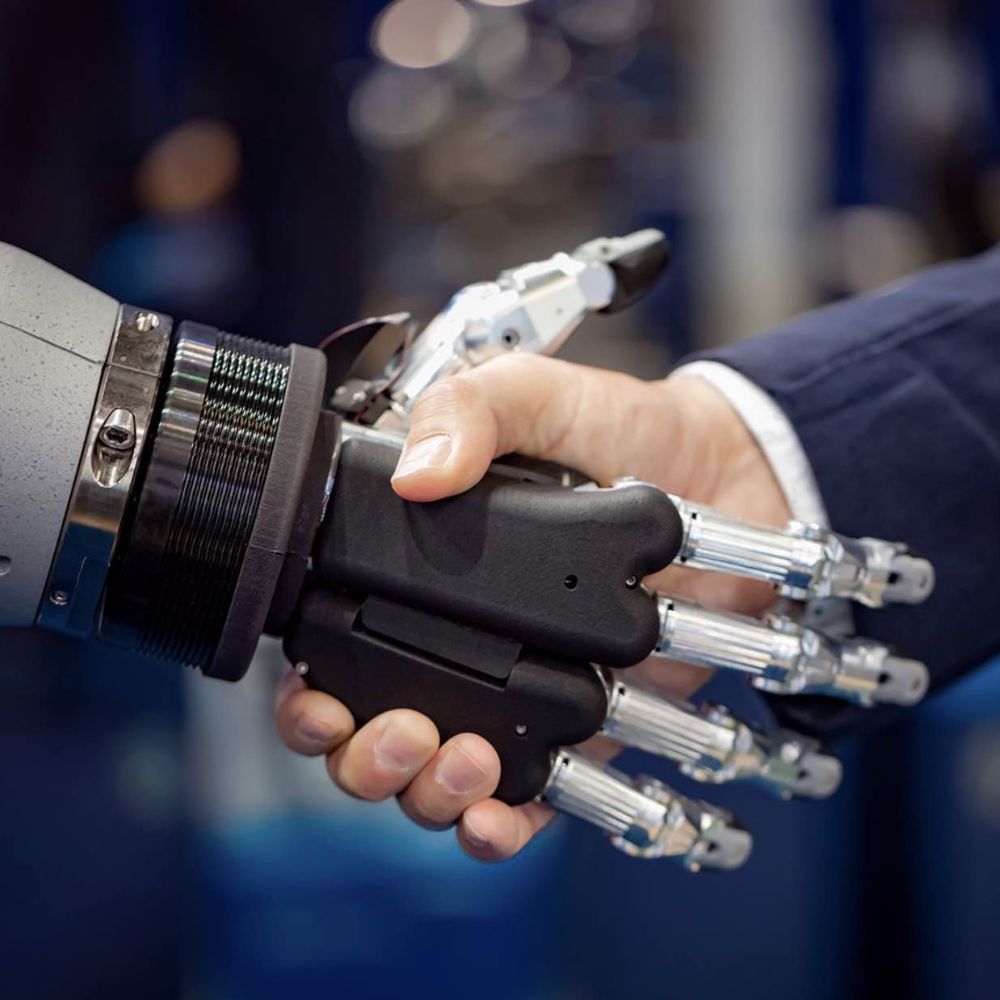
When you consider that AI will have such wide-ranging effects across many industries, AI is also a fantastic area to concentrate your energy on if you’re looking to advance your career or make your professional profile more competitive in the job market. Many lists of the top skills in today’s employment market include AI and machine learning at the top. In the next five years, it’s anticipated that the number of jobs requiring AI or machine learning skills will rise by 71%.
It would be wise to delve deep and learn as much as you can about interacting in the AI realm if you are tech-savvy. If your strengths lie elsewhere, it’s critical to understand that AI will have a significant impact on the world, and to the best of your ability, you should attempt to comprehend the fundamentals of how it works in various fields.
Whether we like it or not, AI is undoubtedly here to stay. Personally, I don’t believe there is anything to be concerned about. The best way to advance is to be conscious of and adjust to the new technology that is all around us, including AI.






